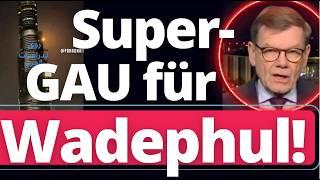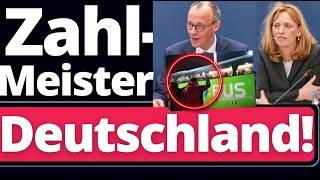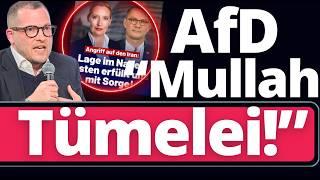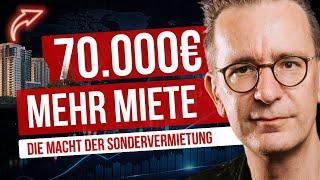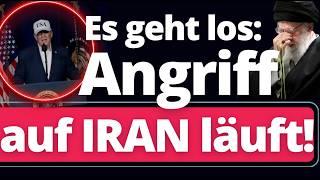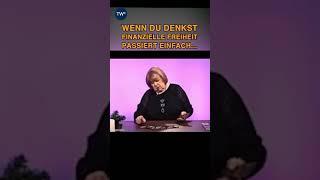| Subscribe to our newsletter at . In this video podcast, Ronald-Peter Stöferle — gold analyst at Erste Bank and writer of the gold report “In GOLD we TRUST” — and Alasdair Macleod of the GoldMoney Foundation talk about the current bearish sentiment towards gold, economic problems and political developments in the eurozone and much more.
According to Stöferle’s data, sentiment towards gold is currently at its most bearish level in the last few years. From a contrarian standpoint this could be seen as a positive sign for an impending bottom and more generally for a healthy bull run which is still far from its final euphoric stage. Stöferle points out that fundamentally nothing has changed, since underlying issues of over-indebtedness are far from being resolved. He also emphasises that real interest rates are still in negative territory. Both men agree that gold has to be viewed as a means of financial insurance rather than a “risk asset” as the financial media often classifies it. Stöferle explains that gold is a currency which cannot be devalued, and which has no liabilities or counterparty risk attached to it. Stöferle sees the recent European elections as likely to herald a shift away from austerity towards “economic stimulus” measures. He does not believe that these Keynesian policies will succeed, and thinks that governments will move further towards financial repression. Ronnie and Alasdair also talk about the emergence of public initiatives to repatriate national gold reserves. Recently this has also been the case in Germany with public pressure on the Bundesbank to recall German gold held outside the country. As far as silver is concerned, Stöferle expects it to outperform gold dramatically towards the end of the precious metals bull market, as gold will be too expensive for many investors. With the gold/silver ratio currently around 50, silver is very, very cheap. However the volatility in silver is much greater than in gold. Finally they discuss the gradual increase of attention being afforded to the Austrian school of economics and the possibility of a eurozone break up due to the imbalances between the different European countries. How Germany will react to all of this is the trillion-euro question. This video podcast was recorded on May 9 2012 at the 2nd Precious Metals Conference in Zagreb, Croatia. |
Tags:






















